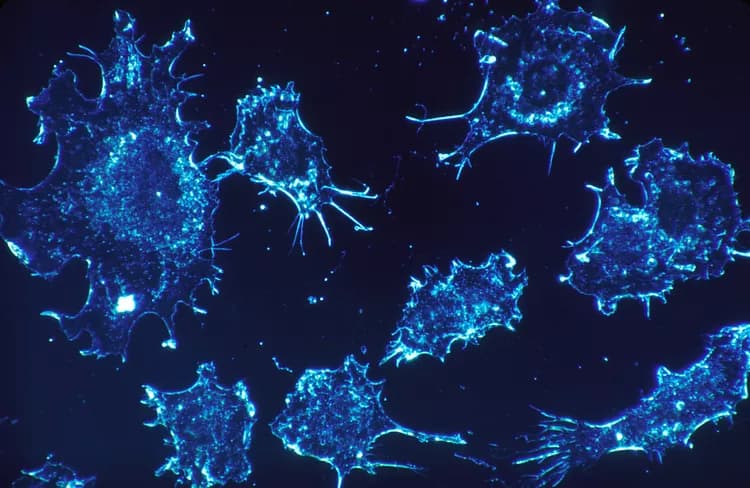
Study Identifies How Cancer Cells May Develop Resistance To FGFR Inhibitors
A new study by researchers at The Ohio State University Comprehensive Cancer Center -- Arthur G. James Cancer Hospital and Richard J. Solove Research Institute (OSUCCC -- James) has identified a mechanism by which cancer cells develop resistance to a class of drugs called fibroblast growth factor receptor (FGFR) inhibitors.
Published in the journal Molecular Cancer Therapeutics, the study also found that use of a second inhibitor might improve the effectiveness of these drugs by possibly preventing resistance, and it recommends that clinical trials should be designed to include a second inhibitor.
FGFR inhibitors are a new family of targeted agents designed to inhibit the action of the fibroblast growth factor receptor, which is often overexpressed in lung, bladder, biliary and breast cancers.
"Understanding how drug resistance develops can help in the design of new agents or strategies to overcome resistance," says principal investigator Sameek Roychowdhury, MD, PhD, assistant professor of medicine and of pharmacology in the Division of Medical Oncology at the OSUCCC -- James.
"Our paper demonstrates in a laboratory model how cancer can evade this class of therapy, and it provides insights into how clinical trials for these therapies could be further developed to overcome the problem of drug resistance," he adds.
The laboratory study by Roychowdhury and his colleagues induced resistance to the FGFR inhibitor BGJ398 in lung- and bladder-cancer cells after long-term exposure to the agent. The researchers then found that, while the drug continued to inhibit FGFR activity in the resistant cells, its inhibition of FGFR signaling had no appreciable effect on the cells' survival.
Examining other molecules in the FGFR pathway, the researchers found that a regulatory protein called Akt remained highly active, even during FGFR inhibition. Akt, a key regulator of cell biology, is directly involved in cell proliferation, cell survival and cell growth.
Furthermore, they found that by inhibiting Akt they could significantly slow cell proliferation, cell migration and cell invasion in the lung cancer and bladder cancer cells.
"Fibroblast growth factor receptor inhibitors are new therapies being developed in clinical trials for patients whose cancer cells have genetic alterations in this family of genes," says Roychowdhury, a member of the OSUCCC -- James Translational Therapeutics Program. "We believe our findings will help improve this therapy for lung, bladder and other cancers."
Materials provided by Ohio State University Wexner Medical Center. Note: Content may be edited for style and length.
Disclaimer: DoveMed is not responsible for the accuracy of the adapted version of news releases posted to DoveMed by contributing universities and institutions.
Primary Resource:
Datta, J., Damodaran, S., Parks, H., Ocrainiciuc, C., Miya, J., Yu, L., ... & Hays, J. (2017). Akt Activation Mediates Acquired Resistance to Fibroblast Growth Factor Receptor Inhibitor BGJ398. Molecular Cancer Therapeutics. DOI: 10.1158/1535-7163.MCT-15-1010
Related Articles
Test Your Knowledge
Asked by users
Related Centers
Related Specialties
Related Physicians
Related Procedures
Related Resources
Join DoveHubs
and connect with fellow professionals

0 Comments
Please log in to post a comment.